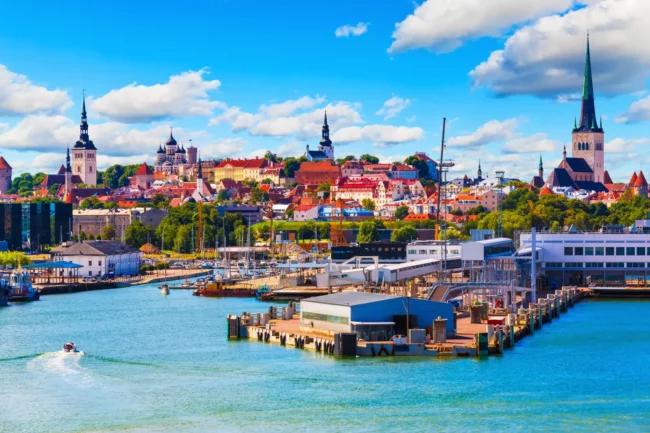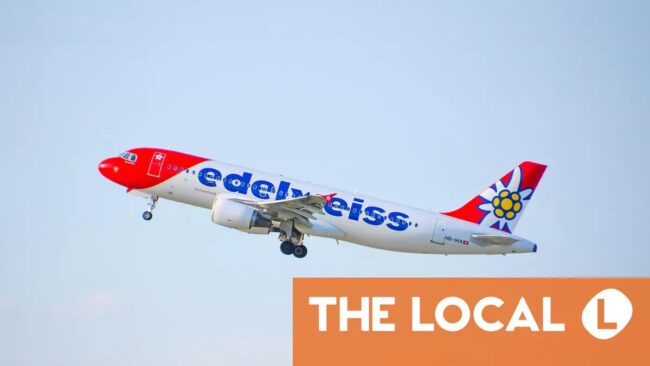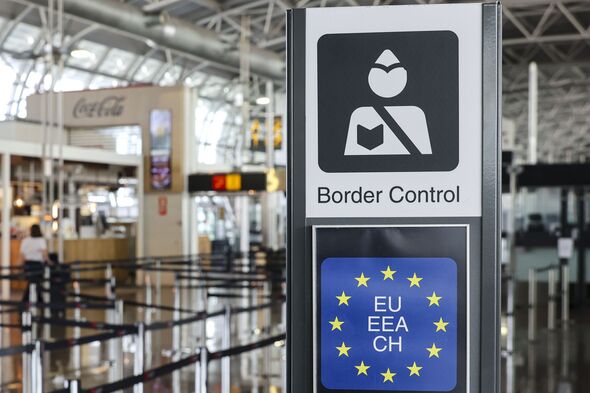How ‘cyberpunk’ Chongqing became China’s tourism hotspot
… offer performance-based incentives to travel agencies.
Dan Wang, China director … ecosystem when it comes to tourism,” she said.
“So when we … services and connectivity – will keep tourists coming back.










